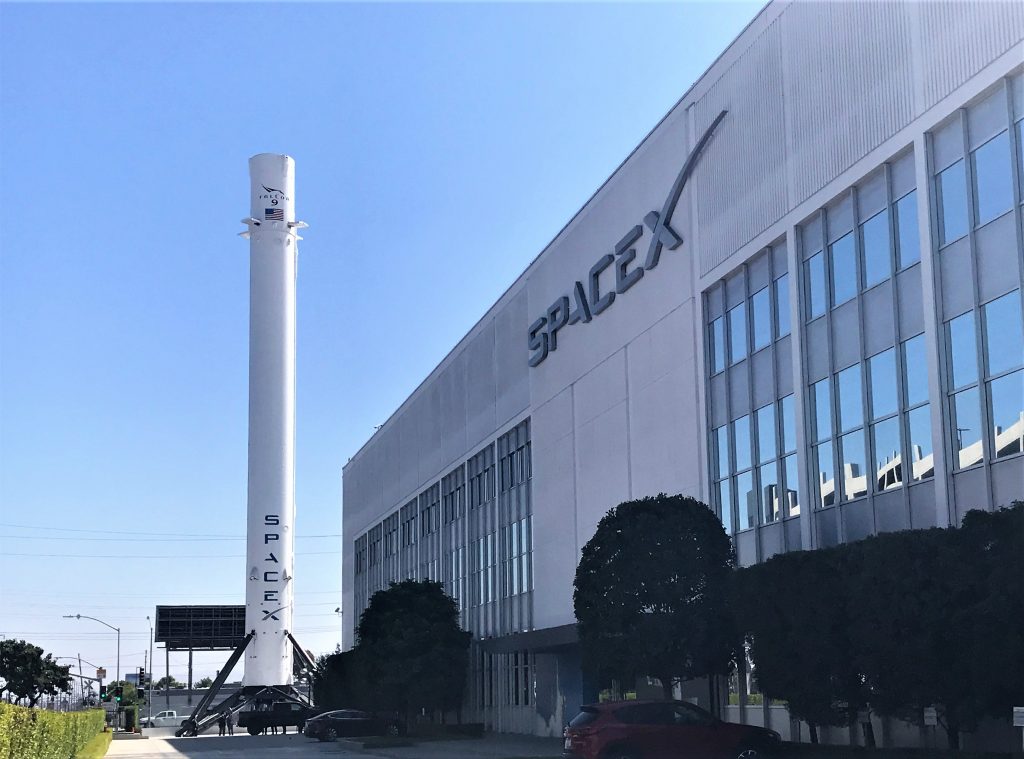By Chris Forrester, Advanced Television

Virgin Orbit has secured $31.6 million (€29.9m) in ‘Debtor in Possession’ financing from its U.S. bankruptcy court in Delaware. The satellite services company said it intends to use the Chapter 11 process to maximize value for its business and assets.
The cash comes from Virgin Investments. “Upon approval from the Bankruptcy Court, the DiP financing is expected to provide Virgin Orbit with the necessary liquidity to continue operating as it furthers the marketing process commenced pre-petition to sell the Company,” said the business.
Virgin’s statement added, “The Company is focused on a swift conclusion to its sale process in order to provide clarity on the future of the Company to its customers, vendors, and employees. In the interim, Virgin Orbit will continue operating in the ordinary course as a ‘debtor-in-possession’ under the jurisdiction of the bankruptcy court and in accordance with the applicable provisions of the US Bankruptcy Code. Virgin Orbit has filed customary motions requesting that the Court authorize the Company’s ability to its use cash on hand and access the DiP financing to support this process, including payment of remaining employee wages and benefits without interruption. The Company intends to pay suppliers and vendors to the fullest extent possible pursuant to normal terms for goods and services provided on or after the filing date. The Company is also committed to working with its customers as it tries to find a buyer that will be able to continue to fulfil their needs.”
The Chapter 11 process includes Virgin Orbit Holdings and four other, affiliated debtors.
A virtual hearing (the ‘First Day Hearing’) on the Debtors’ First Day Motions, all fairly routine, was held on April 5th, 2023, before Judge Karen Owens.
Also of note, SpaceX is again knocking on the Federal Communications Commission’s (FCC) door and has made a fresh request to launch an overall total of 29,988 new satellites.

The FCC has already approved 7,500 of the planned 29,988, but SpaceX is now being more specific with its scheme and operational methods.
In essence, SpaceX wants to create 288 orbital planes ranging from 614 kms altitude down to 340 kms. The company also wants the new satellites to be able to operate within all the popular frequency bands for satellite communications, that is Ka-band, Ku-band and W-band.
SpaceX’s original request was made back in December of last year but the FCC withheld approvals on all except 7,500 of the satellites and sought more and better particulars.
SpaceX’s then application had attracted objections from the likes of Viasat, Hughes Network Systems, Amazon’s Kuiper Project, SES’s O3b operation and Kepler Systems, NASA and others. Moreover, the approval of the 7,500 satellites came with a caution not to expect a speedy response or approval to the remaining satellites.
SpaceX has volunteered to abandon plans for an already approved 7,518 satellites using V-band spectrum, provided the FCC allowed the new application to incorporate V-band frequencies into its ‘Gen-2’ designs.
